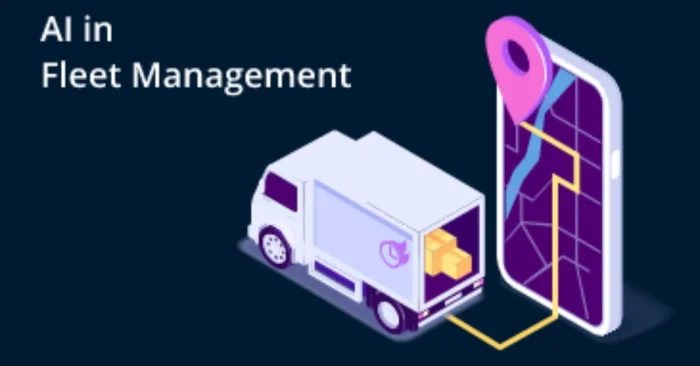Overview
AI tools for fleet management are transforming how companies monitor, maintain, and optimize their transportation operations. These tools use artificial intelligence to provide real-time tracking, predictive maintenance, route optimization, and fuel efficiency insights. By analyzing vehicle and driver data, AI helps businesses reduce operational costs, improve safety, and increase productivity. Fleet managers can make smarter decisions with predictive analytics, automated reporting, and intelligent scheduling. From logistics companies to service providers, AI-powered fleet management ensures better resource utilization and seamless coordination, making operations more efficient and sustainable.
1. AI in Real-Time Vehicle Tracking
AI-powered GPS systems allow fleet managers to monitor vehicle locations, speed, and routes in real time. This improves visibility and ensures better coordination between drivers and dispatchers.
2. AI for Route Optimization
AI algorithms calculate the most efficient routes based on traffic, weather, and road conditions. This helps reduce travel time, fuel consumption, and operational costs.
3. AI in Predictive Maintenance
AI tools analyze vehicle performance data to predict mechanical issues before they occur. This prevents costly breakdowns, minimizes downtime, and extends vehicle lifespan.
4. AI for Fuel Efficiency
AI monitors driving behavior and fuel usage to suggest ways to improve efficiency. Fleet managers can reduce fuel costs and emissions by adopting AI-driven recommendations.
5. AI in Driver Behavior Monitoring
AI systems track driver habits such as harsh braking, overspeeding, or excessive idling. This improves driver accountability, enhances safety, and reduces accident risks.
6. AI for Automated Dispatching
AI optimizes scheduling and dispatching by assigning the best-suited driver and vehicle for each job. This improves efficiency and reduces delays in deliveries or services.
7. AI in Safety & Compliance
AI helps ensure compliance with safety regulations by monitoring driver hours, vehicle inspections, and road safety guidelines. This reduces legal risks and ensures safer operations.
8. AI for Data Analytics & Reporting
AI processes large amounts of fleet data to provide actionable insights. Fleet managers can use automated reports to make informed decisions and identify performance gaps.
9. AI in Cost Reduction
By optimizing routes, improving fuel usage, and reducing maintenance costs, AI significantly lowers operational expenses for fleet management companies.
10. AI for Sustainability
AI encourages eco-friendly operations by minimizing fuel wastage, suggesting electric vehicle integration, and reducing the carbon footprint of fleets.
(FAQs)
Q1: Can AI reduce fleet management costs?
Yes, AI reduces fuel expenses, maintenance costs, and operational inefficiencies, leading to significant cost savings.
Q2: Are AI fleet management tools suitable for small businesses?
Yes, AI tools are scalable and can benefit both small businesses with a few vehicles and large logistics companies with big fleets.
Q3: Do AI tools replace human fleet managers?
No, AI supports decision-making by automating repetitive tasks, but human expertise is still required for oversight and strategy.
Learn More About AI Course https://buhave.com/courses/learn/ai/






